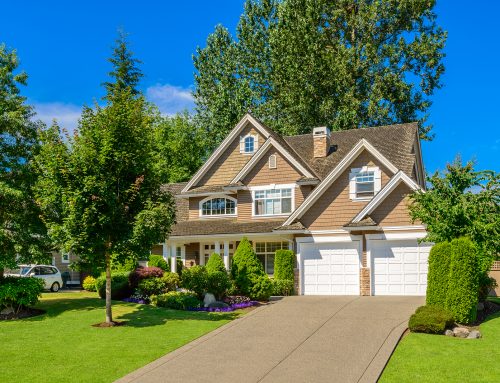Shopping for a condo with a pre-approved FHA-backed loan? Here’s a tip: don’t look at even one condo in a community that isn’t approved by the U.S. Department of Housing and Urban Development.
Since an estimated 90 percent of the U.S. condos communities are not FHA-approved, there’s a good chance that you could fall in love with a home only to find out that FHA won’t guarantee a loan on it.
Thankfully, if you’re working with the right real estate agent, you’ll know which communities are approved before you start condo hunting.
FHA requirements for condos
There are a number of reasons a community may be considered too much of a risk for it to qualify for HUD approval and most of them can be traced back to the homeowner association.
Some of the problems HUD considers too risky include:
A high number of rentals
HUD wants to see no more than half of the units occupied by tenants. There is a way to get around this, however.
If the association can show at least three years of stable finances, has a current Reserve Study and shows low delinquency rates, HUD may ok a loan in complexes with up to 65 percent rentals.
Too much commercial space
If part of what attracts you to the community is the Starbucks and grocery store on the bottom floor, ensure that the space devoted to these and other commercial concerns doesn’t exceed 50 percent of the community’s total square footage.
If it does, the community won’t be HUD-approved and FHA won’t back a loan for one of its homes.
Too many deadbeats
If too many homeowners aren’t up-to-date on their fees, HUD won’t approve the community. How many is too many? Anything more than 15 percent of homeowners, delinquent for more than 60 days.
One individual owns too many of the units
Often, investors will snatch up multiple units in a community. Whether it’s one individual or a group of investors, if they own more than half the homes, HUD will take a closer look.
If the remaining homes are owner-occupied, it will pass this part of the inspection. If not, the community won’t be approved.
Too many lawsuits
HUD will check to ensure there is no outstanding litigation going on. Believe it or not, this is one of the more common problems that condo associations run up against when attempting to become HUD-approved.
These are just a few of HUD and FHA’s requirements for condos and they are always subject to change. You can find additional items at FHAReview.com.
Being approved has additional advantages
When buying in a managed community (one overseen by a homeowners association), the homebuyer is presented with a pile of paperwork to read and approve.
These documents include just about everything you need to know about the community, including:
- CC&Rs, short for Covenants, Conditions and Restrictions. They let you know what you can and cannot do in the community, such as noise rules and pet restrictions.
- The budget and other financial documents
- HOA meeting minutes
- Articles of incorporation
- Bylaws
- Rules and Regulations. These include anything not mentioned in the CC&Rs.
The advantage to buying a condo with an FHA loan is that you’ll have an additional set of eyes poring over these documents – the government.
This doesn’t mean you can shirk your due diligence, however. If you don’t understand anything in the paperwork, run it by your attorney.
But the biggest advantage is that the HUD approval process weeds out communities with shady financials or other problems. And, communities must be re-approved every two years.
Find out if that condo you have your eye on is FHA approved on HUD’s website. Then, contact us for a private tour.
Powered by WPeMatico






